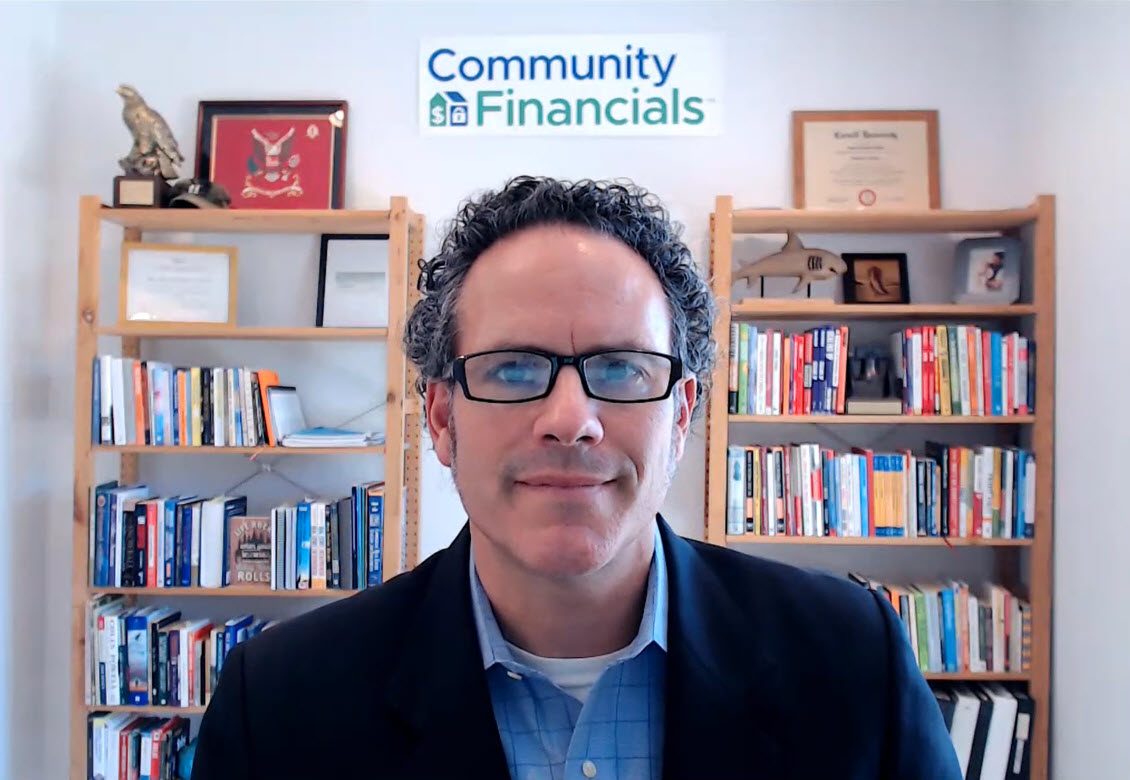Collection Best Practices for Condo Communities & HOAs
Ever feel like your association budget would be just fine if it didn’t have to deal with unit owners that didn’t pay on time? When some people don’t pay it can cause a lot of stress on your community’s budget. To help we’ve put together a list of collection best practices for condo communities & HOAs.
Make it Easy to Pay
The first step to improve collection is to make it easy for people to pay. Give owners as many ways as you can to pay their assessments: pay by check in the mail, accept payments online by credit card or ACH (debiting your checking account). Give owners the option to make one time or recurring payments. Recurring payments allow owners set up automatic payments that happen in the future and is a great feature to further reduce delinquencies. If you are a larger association with an onsite office you may also be able to set up a desktop scanner from your bank that scans checks and deposits them in your account. Tip: a best practice is to not accept cash which can go unrecorded or stolen (to learn more about how to prevent fraud and theft at your community download our article).
Increase Communication
Timely invoicing helps set the tone that community bills are a priority just like utility bills. An invoice can clearly state the late date and late fee which further encourages on time payment. If you have delinquencies you may want to switch from annual statements or coupon books to monthly invoicing to help make payments a priority. The added benefit of monthly invoicing is it cuts the payment into smaller more manageable chunks for some owners.
Another collection best practice is to include a return envelope with your mailed statements. In business studies including a return envelope has been shown to reduce the turnaround time of mailed payments significantly. Again you are making it easy for owners to pay so they don’t have to search for or buy an envelope.
If you have delinquent payers and don’t use late letters you need to change your process. Late letters help chase money in so use them. Usually the late letter is mailed out on a date specified by your governing documents or your state’s regulations.
Use Late Fees
Do you impose late fees? When is the last time you updated your late fees? I’ve seen some that date back to when the community was created, for many they were built in the 1970s or 80s – $5 and $10 or $15 – well inflation has happened since then. Using an online price inflation calculator, today the equivalent worth of $5 in 1980 is $15.29, $10 is $30.58 and $15 is $45.87. Remember the late fee should be large enough to be a good deterrent while not going overboard. Some states have regulations on how large late fees can be so you will want to check with your association attorney.
Usually late fees are stated in your Rules and Regulations and are something the Board can determine on their own. Take a vote and update your rules and regulations and give notice to the unit owners of when the change will occur. In Connecticut for example the rules are only enforceable after a full text copy of the new rules have been sent out to all unit owners 10 days prior to when they take effect.
The income you get from charging late fees will cover the costs that managers or accounting services charge for the extra time of doing this pre-collection work and still add income to your budget.
Automate the Process
When selecting a service to help your community with its financial reporting, choose one that offers the feature of automatically assessing late fees and generating late letters. This set it and forget it approach will make sure it doesn’t get missed, it happens on time and that you treat all owners the same. Consistency is key.
Document Your Process
Document your community’s collection process with a “Collection Standard” or “Collection Policy”. Next you will want to adopt this collection policy or foreclosure policy as a rule. The documentation of the process is critical, when you start a foreclosure action to enforce delinquencies you’ll need this to be successful in court or face case dismissal, delay of payment or having to pay the attorneys’ fees. It is always a best practice to consult with your community’s lawyer to ensure your process complies with your state’s regulations.
Collection Best Practices for Condo Communities & HOAs
Start implementing these steps today to improve collection of common charges and assessments at your community. Improved collections will make the board’s life easier. You’ll spend less time on discussing collections and you’ll have an easier time managing your budget.

